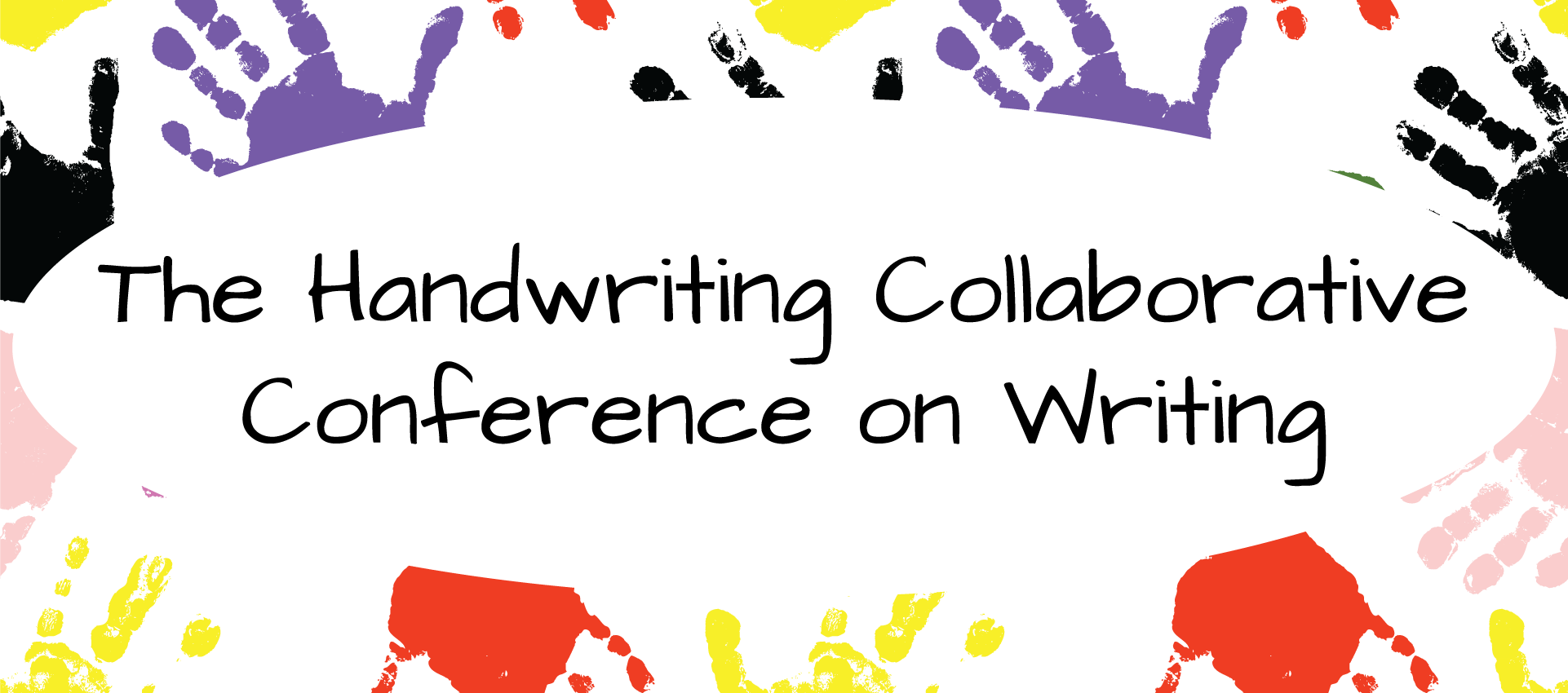Barbara Arfé is Associate Professor in Educational Psychology and Learning Disabilities at the University of Padova, Italy. She has been coordinator of the Special Interest Group on Writing of the EARLI (European Association for Research on Learning and Instruction) and UNESCO consultant for research on writing development. Her research aims at a better understanding of the nature of the reading and writing problems of children with hearing loss, dyslexia or writing disabilities, and at the development of evidence-based interventions targeted to these problems.
All Sessions by Barbara Arfé, PhD.,
Bilingual Spelling Instruction for ELLs:Testing Language-specific Effects in Response to the Mind's Ear and Eye Training in Italian and English
Worldwide, primary school children are faced with the task of learning two or more spelling systems simultaneously, one of which is often English, an outlier orthography. Literacy researchers and teachers alike are aware of the need of scientific evidence that could inform this bilingual spelling instruction. However, so far rare or none are the experimental studies that have tested the effects of bilingual spelling interventions. In the present talk I will discuss the findings of a published RCT (randomized controlled trial) that examined the language-specific effects of a spelling intervention (the “mind’s ear and eye training”, by Berninger et al., 1998) delivered to 6- to 9-year-old Italian children simultaneously in Italian (their L1, a very shallow/superficial orthography) and English (their additional language, AL, a deep/opaque orthography). There is a lively debate among researchers as to whether acquiring word reading and spelling skills in a native language (L1) and in an additional orthography (L2 or a foreign language) requires the development of same or different (i.e., language-specific) language-learning abilities. The findings of our study suggest that bilingual spelling acquisition rely on general language-learning skills that do not vary across alphabetic orthographies and that, consequently, the same instructional spelling strategies can be effective for learning to spell in L1 and in the AL, independently of the differences between these orthographies. However, some language-specific effects of spelling instruction also emerged from this study, and will be discussed in light of the characteristics of the instructional context in which the study was run.


